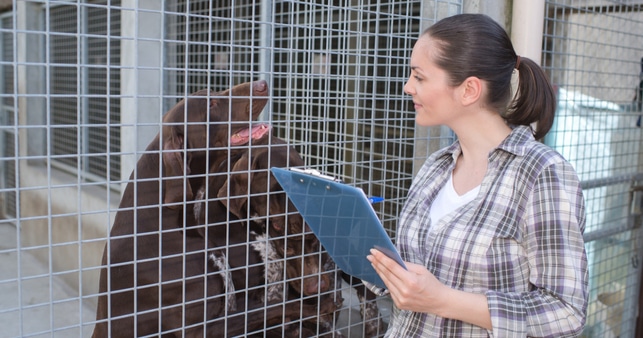
A Labor Senator has hit out at a report that claims enterprise bargaining agreements should be simplified and made more flexible, saying that workers aren’t already receiving their fair share.
The Business Council of Australia, which commissioned the report, released new research claiming that workers were better offer under simpler enterprise bargaining agreements (EBAs). To lift productivity and wages growth, the complexity of EBAs with their “Downton Abbey-sized laundry lists” needs to be reduced.
Jennifer Westacott, the council’s chief executive, told the West Australian (via AAP) that complex requirements for EBAs bog down negotiations and agreements take too long to conclude.
“This bogs down negotiations, and agreements are taking too long to conclude. We can’t allow the EBA system to die the death of a thousand cuts,” Westacott said.
“We need to create the right environment for employers to grow their operations, with investment and innovations that drive productivity improvements.”
With rapid change in the economy due to new technologies and economic realities, Westacott said that the EBAs need to be changed so that business can adapt to new circumstances.
“Employers need the ability to adjust and change their operations quickly, and ensure the benefits of improved productivity are passed through to workers with higher wages and better condition,” she said.
However, Labor Senator Katy Gallagher, the opposition’s finance spokeswoman, said that any change to EBAs should not disadvantage workers.
“It is always working people that are the ones that have to give up something when people start talking about reform and productivity,” Gallagher said.
“Let’s face it, we have company profits at record highs, we have wages at record lows, we have got household incomes going backwards … it is working people who aren’t getting their fair share at the moment.”
Meanwhile, Reserve Bank governor Philip Lowe, who was in Canberra to be assessed by federal politicians, said that he does not expect wages to grow much over the next two years.
“It is probable that we will still have spare capacity in the labour market for a while yet, especially taking into account underemployment,” Dr Lowe told a parliamentary committee in Canberra.
“This means that the upward pressure on wages growth over the next couple of years is likely to be only quite modest, and less than we were earlier expecting”.



